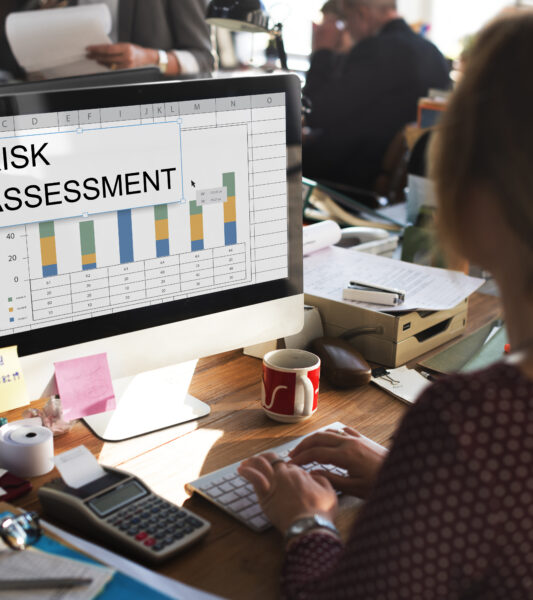Resources
Currency Transaction Reports (CTRs)
Uncover the significance of Currency Transaction Reports (CTRs) for AML professionals. Dive into the purpose, reporting thresholds,...

Wire Stripping
Wire Stripping refers to the process of removing or altering the identifying information associated with a financial...

Know Your Employee in AML World
Enhance your AML compliance and risk management efforts with robust Know Your Employee (KYE) practices. Discover the...

Regulatory Change Management in AML
Stay ahead of regulatory changes in AML. Our guide empowers AML professionals to effectively manage regulatory updates,...
Watchlist Screening
In this edition, we will explore the significance of watchlist screening, its definition, practical examples, statistics, and...

Compliance Assurance
Compliance assurance refers to the process of ensuring that an organization's policies, procedures, and practices comply with...

Blockchain Forensics
This dictionary guide explores the field of blockchain forensics, which involves the analysis and investigation of transactions...

Risk Appetite Framework
This dictionary guide delves into risk appetite frameworks, which are essential tools for AML professionals to define...

High-risk Third Countries
This dictionary guide explores the concept of high-risk third countries, which are jurisdictions identified as having significant...

Compliance Benchmarking
This comprehensive dictionary guide delves into compliance benchmarking, its importance in Anti-Money Laundering (AML) compliance, and its...
